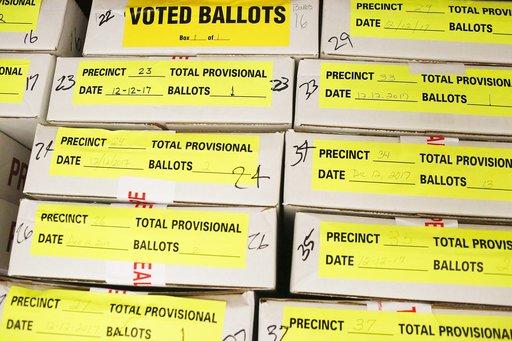Section Branding
Header Content
What is a Provisional Ballot?
Primary Content
What happens when a possible voter’s name has changed and isn’t reflected on the voter rolls? What happens when a possible voter doesn’t have the required identification documents available at the time of voting? Issues like these happen and are common. To remedy this, an election official is required to extend a provisional ballot, which is on paper, to the voter instead of a regular ballot.
A provisional ballot is a way for you to cast a ballot if your eligibility to vote on Election Day cannot be immediately verified.
How provisional ballots are handled and how many are issued and rejected vary from state to state. In Georgia, there are three reasons why a voter may receive a provisional ballot:
- They are unable to show one of the required
forms of photo identification when they vote in person
- When they first registered to vote in Georgia,
they registered by mail, did not provide any
identification at that time, and are unable to
present acceptable identification the first time
they vote in person
- Their name does not appear on the list of
registered voters in the precinct
In most states, the provisional ballot is separated from the other ballots until the election ends. Within days of the election, a board of elections or local official then determines whether the voter was eligible to vote and if the ballot will be counted. Because counting provisional ballots is another regulatory step, costs for counting them can be expensive for some jurisdictions.
MORE FROM HOST LEAH FLEMING: Powered By The People: What Is A Provisional Ballot?
The burden is on the voter to provide more information within three days after Election Day. If you were a first-time voter and the county was unable to identify you, the Board of Elections and Registration will send you a letter within three days after the election. This letter will advise you that you must provide a copy of your ID within three days after the election. As long as you do so, your provisional ballot will be counted, as long as you are otherwise eligible to vote.
Both the methods and the data of handing provisional ballots vary between states and are monitored by the US Election Assistance Commission to ensure that all ballots are counted fairly.

